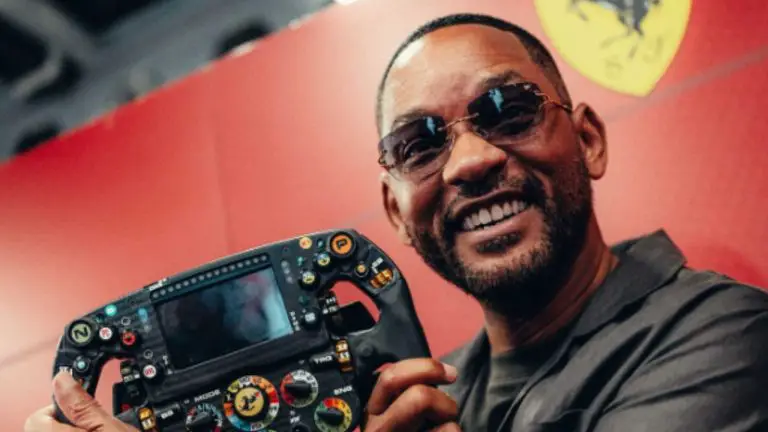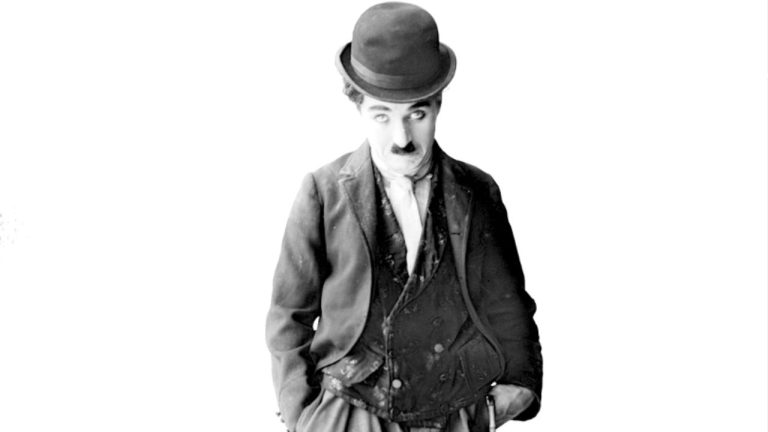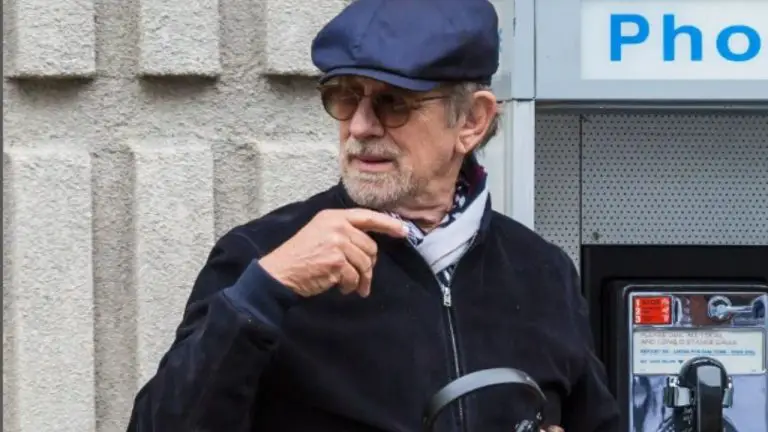Al Pacino’s Journey: From Bronx Streets to Hollywood Fame

Al Pacino: The Unrivaled Journey of a Hollywood Legend
Al Pacino, one of the most iconic actors in cinematic history, has left an indelible mark on Hollywood through his powerful performances, unyielding commitment to the craft, and timeless appeal. From his breakout role in The Godfather to his award-winning performances in Scent of a Woman and Scarface, Pacino has become a symbol of intense and transformative acting.
Early Life and Struggles
Born Alfredo James Al Pacino on April 25, 1940, in Manhattan, New York City, to Italian-American parents, Pacino’s early years were marked by hardship. Raised by his mother and grandparents in the South Bronx after his parents’ divorce, Pacino discovered his passion for acting through school plays. Struggling with academics, he dropped out of school and worked menial jobs to support himself while pursuing acting classes.
Admitted to the prestigious Actors Studio in 1966, Al Pacino studied under Lee Strasberg, mastering the Method Acting technique. Despite facing poverty and rejection, his dedication to theater paved the way for success.
Breakthrough in Hollywood
Pacino’s cinematic debut in Me, Natalie (1969) was followed by a pivotal role in The Panic in Needle Park (1971), which captured Francis Ford Coppola’s attention. Despite studio resistance, Coppola cast Pacino as Michael Corleone in The Godfather (1972). Pacino’s portrayal of the reluctant mafia heir became legendary, earning him an Academy Award nomination and transforming him into a household name.
Rather than capitalizing on his newfound fame with commercial roles, Al Pacino chose challenging projects, including Serpico (1973) and Dog Day Afternoon (1975), showcasing his range and earning consecutive Academy Award nominations.
Legendary Performances
In 1983, Al Pacino delivered one of his most memorable performances as Tony Montana in Scarface. While initially polarizing, the film became a cult classic, solidifying Pacino’s reputation as a master of intense character work.
He faced setbacks, such as the critical failure of Revolution (1985), but his return to film with Sea of Love (1989) reignited his career. Pacino’s performance in The Godfather Part III (1990) and his Academy Award-winning role as a blind, volatile colonel in Scent of a Woman (1992) reaffirmed his status as one of Hollywood’s finest actors.
Versatility and Consistency
Throughout the 1990s, Al Pacino starred in crime dramas like Heat (1995) alongside Robert De Niro, Donnie Brasco (1997), and The Devil’s Advocate (1997). He explored comedic and dramatic roles in Ocean’s Thirteen (2007) and HBO’s Angels in America (2003), for which he won an Emmy.
Al Pacino also ventured into directing, showcasing his passion for theater with Looking for Richard (1996), a documentary exploring Shakespeare’s Richard III.
Personal Life and Philosophy
Despite his towering success, Al Pacino remains a deeply private individual. Never married, he has three children from previous relationships and values his solitude, often emphasizing his preference for genuine human connections over superficial fame.
Al Pacino’s quotes reflect his introspective nature:
“It’s good to have someone in your life that you’re going through this thing with. That’s a thing in life that I aspire to.”
Legacy and Influence
Al Pacino’s enduring appeal lies in his ability to immerse himself entirely in his roles. His volcanic tirades, nuanced expressions, and smoky voice have made him a timeless figure in film. Even as he ages, Pacino continues to captivate audiences, most recently in The Irishman (2019).
Al Pacino’s influence on acting transcends generations, inspiring both seasoned actors and aspiring talent to pursue authenticity and dedication in their craft.
Follow us on Instagram and X (Formerly Twitter)
For the latest posts visit The Celebrity Gossips






